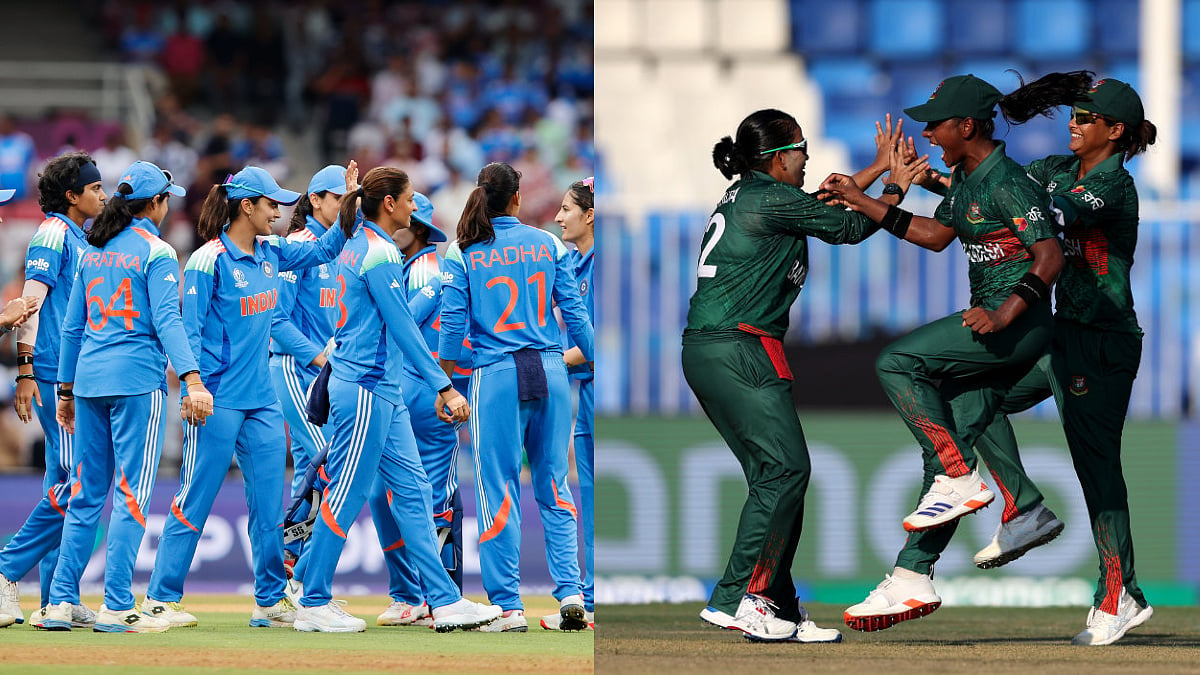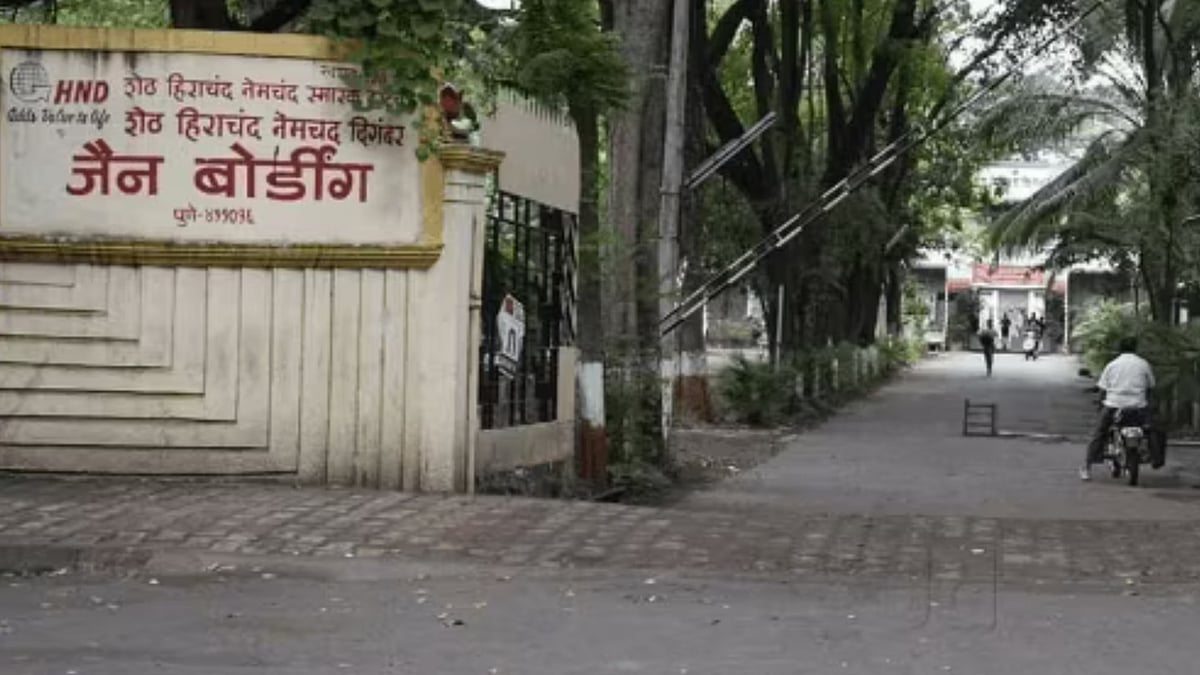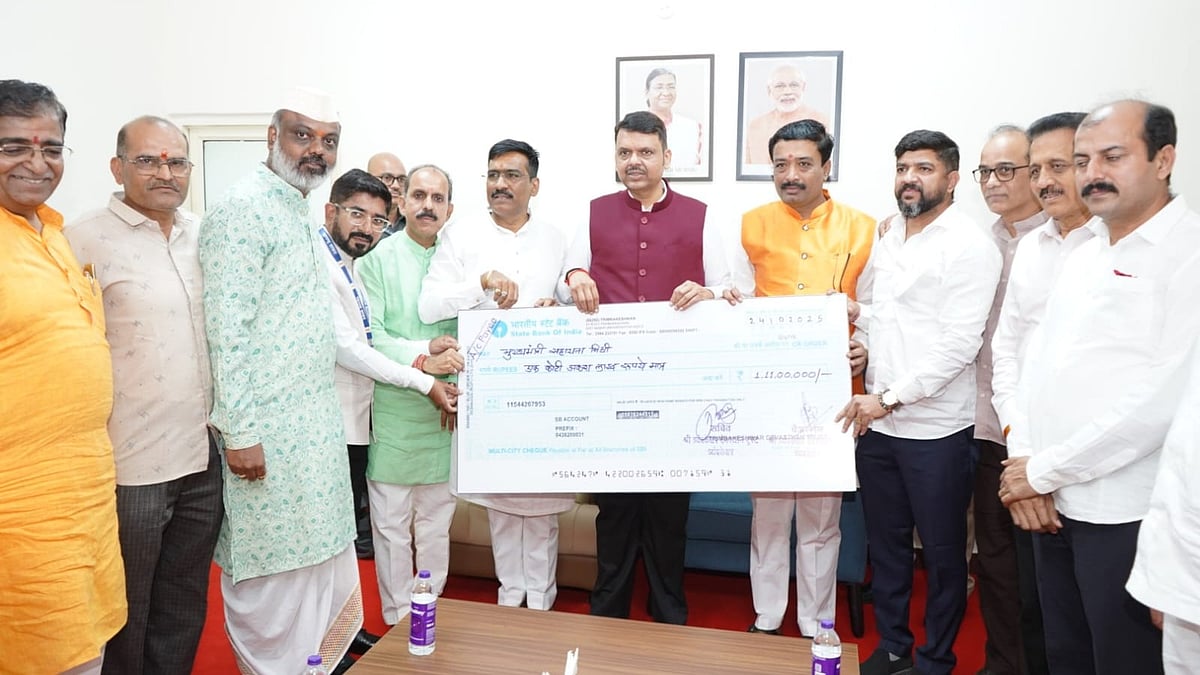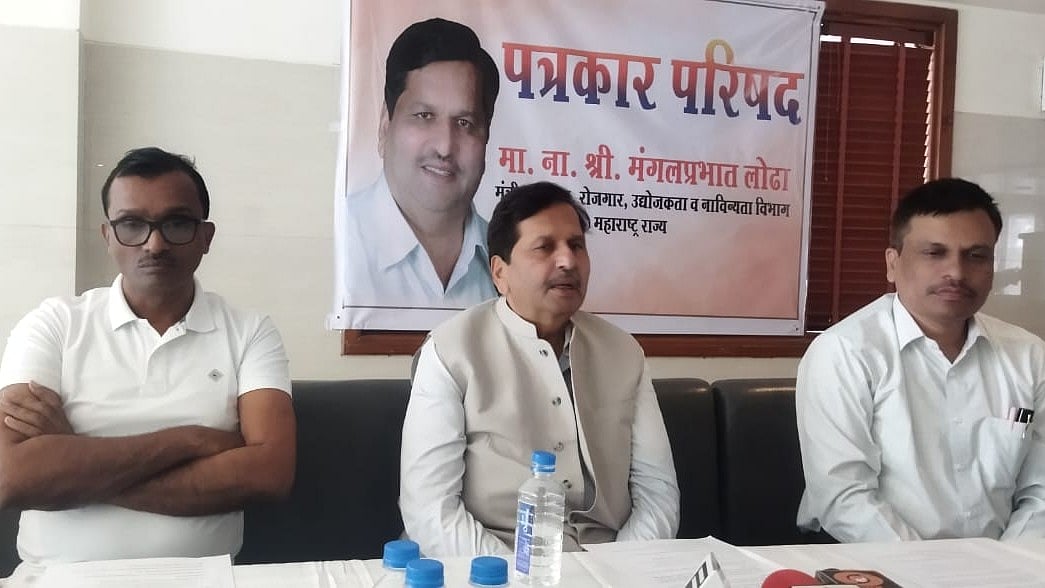The Pune unit of the AAP Parent's Union protested against the recent amendment by the Maharashtra education department to the Right to Education (RTE) Act of 2009 by publicly burning the draft of the new amendment.
This amendment, outlined in a recent gazette publication, will affect the admission eligibility of children from economically disadvantaged backgrounds in private and private unaided schools starting from the upcoming 2024-2025 academic session.
The revised rules stipulate that children from economically disadvantaged backgrounds will no longer be eligible for admission to private or private unaided schools if a government school is available within a one-kilometre radius of their residence.
Impact on disadvantaged students
This decision has raised concerns, particularly regarding the potential exclusion of children from slums in Pune city from securing admission to private English schools. In response, under the leadership of the AAP Palak Union, a protest was organised against the changes in the RTE Act at Chafekar Vasti, Ganeshkhind Road, Shivajinagar on Tuesday.
The union emphasised the importance of quality and affordable education for all children, with the government taking responsibility for it. They urged the government to prioritise improving the quality of English education in aided and government schools, which would encourage parents to consider sending their children there. Parents, represented by individuals like Shrikant Bhise, expressed concern over potential discrimination against their children in government schools compared to those attending well-funded private English schools.
"The amendment has also impacted the availability of seats, with the inclusion of government-aided schools resulting in a reported 77,000 available seats. However, out of these, 62,000 seats were already vacant annually, indicating previous rejection by parents. Although promises of reservation are being made, concerns remain about whether economically disadvantaged children will truly gain admission to private schools," it added.
Furthermore, significant alterations have been made regarding the reimbursement of costs incurred by unaided schools selected under the RTE Act. The new rule states that local authorities will no longer be obligated to reimburse these schools for expenses associated with providing education to economically disadvantaged students.
Previously, the RTE Act mandated that all unaided and private schools reserve 25% of their seats for children from economically backward sections up to the 8th standard. This provision ensured free and compulsory education for children aged 6 to 14 years, with the government reimbursing tuition fees to private schools for these students.










